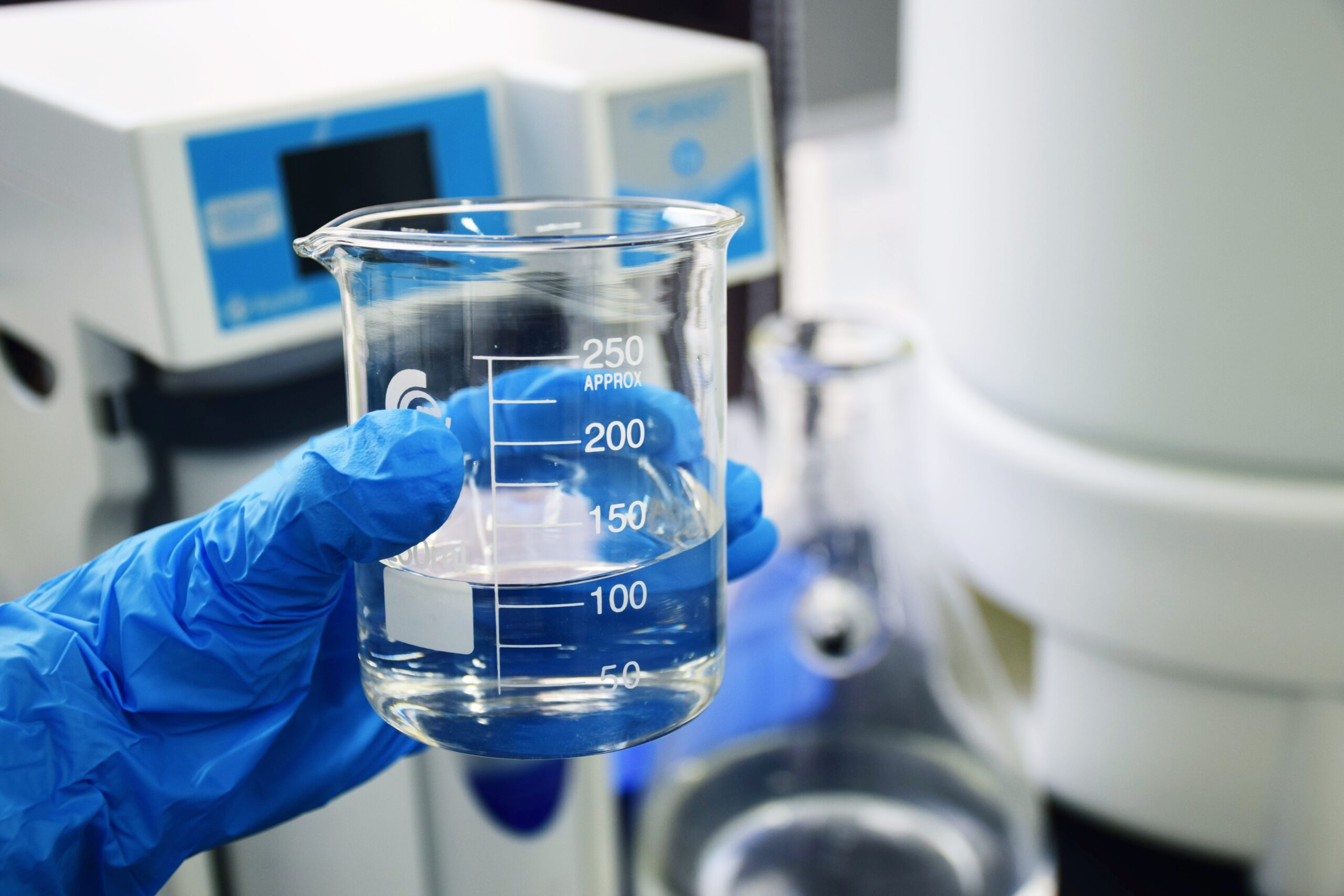The Ultimate Overview to Choosing the very best Water Purification System
The Ultimate Overview to Choosing the very best Water Purification System
Blog Article
Why a Water Filtration System Is Crucial for Tidy, Safe Water
Accessibility to tidy, risk-free water is a fundamental human right and a foundation of public health and wellness. The presence of harmful impurities such as pathogens, hefty steels, and chemical pollutants in our water supply increases major problems regarding health and wellness and well-being. A water filtration system stands as an essential option to mitigate these dangers, guaranteeing that communities and individuals can access secure drinking water. Recognizing the details of these systems and their different approaches is important, specifically as we think about the implications for health and wellness end results and environmental sustainability in our lives.
Importance of Clean Water
Access to clean water is a fundamental requirement for human health and wellness and health. Polluted water can lead to major wellness problems, consisting of intestinal health problems, cholera, and dysentery, especially in susceptible populaces such as kids and the elderly.
Moreover, tidy water is crucial for cleanliness and health methods, which are important in stopping the spread of transmittable illness. Sufficient supply of water supports appropriate cleanliness facilities, advertising a much healthier environment. Additionally, accessibility to risk-free water influences socioeconomic aspects, as it allows communities to involve in farming and commercial tasks, eventually contributing to financial growth.
In lots of regions, the lack of tidy water aggravates hardship and inequality, more preventing development toward lasting advancement objectives. Making certain accessibility to tidy water is not only a public health and wellness vital but likewise a cornerstone for social equity and economic development. Efforts to boost water quality and facilities have far-ranging benefits, fostering healthier areas and enhancing high quality of life.

Common Contaminants in Water
Ensuring the accessibility of tidy water is undermined by various impurities that can jeopardize its security and high quality. The presence of virus, such as viruses, microorganisms, and bloodsuckers, poses considerable wellness dangers, specifically in locations lacking ample hygiene. These bacteria can result in waterborne diseases, leading to severe ailment or also fatality.
Chemical impurities also offer an essential issue. Heavy metals, consisting of arsenic, mercury, and lead, usually get in water supplies with commercial discharges or corroded pipes. These substances can collect in the body over time, causing long-term wellness issues such as neurological damages and developing disorders.
Furthermore, farming drainage presents chemicals and plant foods right into water supply, which can interfere with communities and adversely impact human health. Nitrates, typically discovered in fertilizers, can create serious conditions like methemoglobinemia, particularly in infants.
Benefits of Water Purification Solutions
Acknowledging the important demand for secure alcohol consumption water, water filtration systems use a myriad of advantages that improve public wellness and ecological sustainability. Largely, these systems properly get rid of unsafe contaminants, including bacteria, viruses, hefty steels, and chemicals, making certain that the water consumed is free from pathogens and toxins. This reduction in contaminants significantly decreases the threat of waterborne illness, promoting overall area health.
Along with health and wellness benefits, water filtration systems add to environmental sustainability by lowering dependence on bottled water, which frequently generates too much plastic waste. By using a purification system, houses can reduce their carbon footprint and contribute to a much more lasting community. These systems can improve the taste and smell of water, making it a lot more palatable for day-to-day usage.

Different Types of Purification Methods

One typical approach is reverse osmosis, which uses a semi-permeable membrane to separate water from dissolved solids and pollutants. This procedure efficiently decreases pollutants, consisting of heavy steels and chemicals. One more extensively made use of strategy is ultraviolet (UV) sanitation, which employs UV light to neutralize viruses and bacteria, making them harmless without using chemicals.
Triggered carbon filtering is one more preferred strategy, making use of carbon to adsorb natural compounds, chlorine, and unpleasant smells, improving taste and odor quality. Distillation, a process that involves boiling water and condensing the vapor, properly gets rid of minerals and pollutants but may need even more power compared to other approaches.
Ion exchange is typically made use of to soften water by replacing calcium and magnesium ions with sodium or potassium ions. Each approach has its limitations and benefits, making it Continue crucial to recognize their performances and effectiveness in resolving details water high quality issues - Water Purification System. Inevitably, choosing the suitable purification approach is vital for guaranteeing clean and safe alcohol consumption water
Choosing the Right System
Picking a proper water purification system calls for cautious factor to consider of different variables, including the certain pollutants existing in the supply of water, the quantity of water needed, and the wanted purification technique. It is critical to carry out a water quality examination to identify pollutants such as microorganisms, heavy steels, or chemical contaminants. This details will assist you in selecting a system that efficiently targets those details impurities.
Following, analyze your household's day-to-day water usage to figure out the system's ability. Systems are offered in numerous sizes, from point-of-use filters for drinking water to whole-house systems that cleanse all water entering your home.
In addition, consider the filtration technique that ideal fits your demands. Reverse osmosis is very efficient for eliminating a large variety of impurities, while UV filtration is excellent for getting rid of bacteria.
Final Thought
In conclusion, the implementation of water purification systems is essential for guaranteeing accessibility to safe and clean water. By recognizing the significance of tidy water and the advantages of numerous purification techniques, neighborhoods can make informed choices to secure their health and promote socioeconomic stability.
Acknowledging the vital need for risk-free alcohol consumption water, water purification systems provide a myriad of benefits that improve public health and environmental sustainability.In enhancement to health advantages, water filtration systems contribute to ecological sustainability by minimizing reliance on bottled water, which usually produces too much plastic waste. Ultimately, the go to my site adoption of water purification systems is a positive action toward making sure tidy, risk-free water for future generations while protecting public health and wellness and the setting.
Selecting a proper water filtration system requires cautious factor to consider of various elements, including the certain impurities present in the water supply, the volume of water required, and the desired filtration approach.In conclusion, the implementation of water purification systems is critical for making sure accessibility to clean and safe water.
Report this page